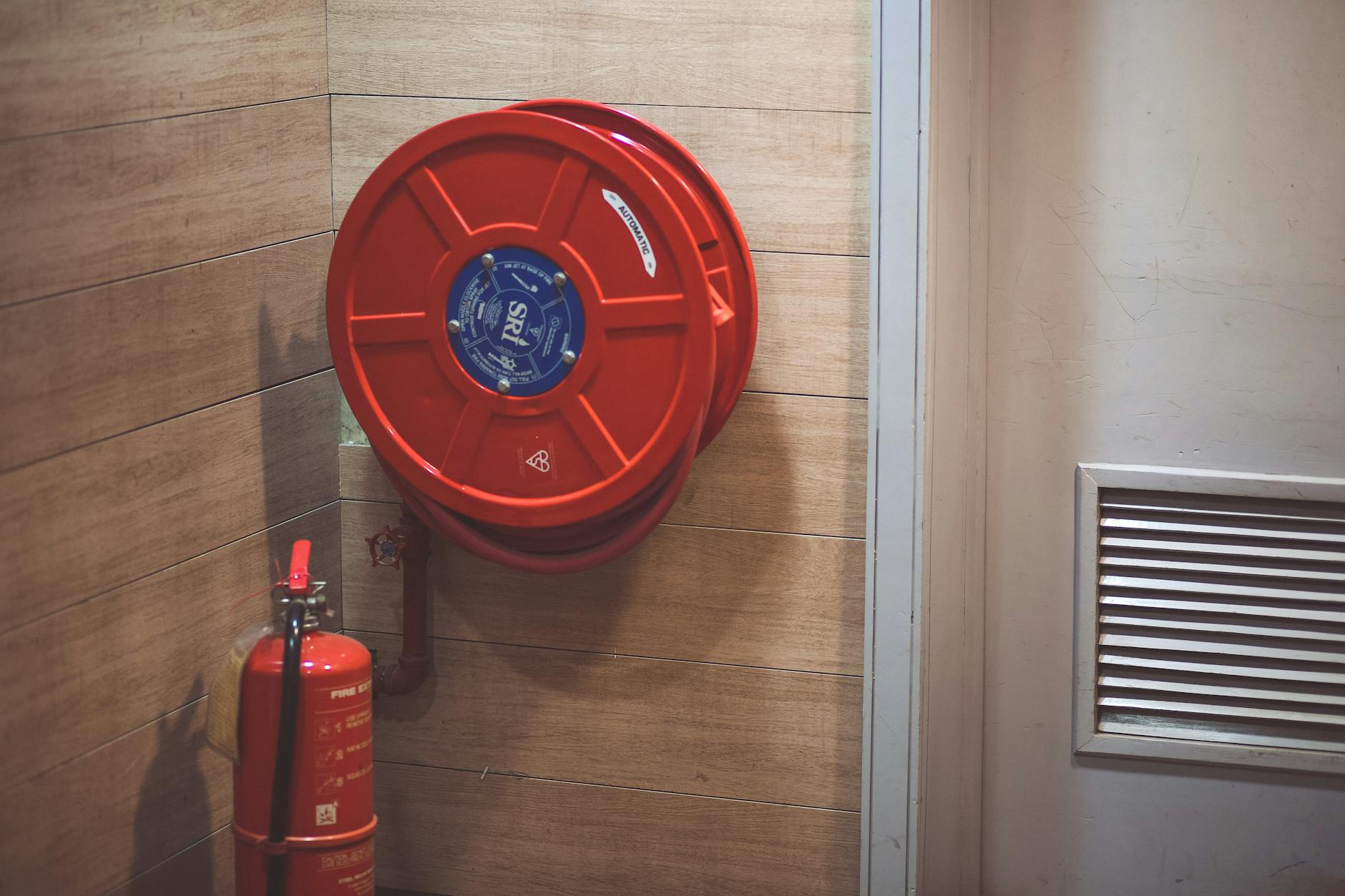Discover the secret to managing ulcerative colitis symptoms with ease in this essential guide to flare-ups and flare-outs.
Table of Contents
Living with a chronic illness like ulcerative colitis can be challenging, but with the right strategies and mindset, you can take control of your symptoms and improve your quality of life. In this blog post, we will explore ways to manage and cope with ulcerative colitis flare-ups and flare-outs. Let’s dive in and discover how you can feel more confident in managing this condition.
Understanding Ulcerative Colitis
Ulcerative colitis is a type of inflammatory bowel disease that causes inflammation and ulcers in the digestive tract. Symptoms can vary from mild to severe and may include abdominal pain, diarrhea, and fatigue. It’s essential to work closely with your healthcare provider to monitor your condition and develop a personalized treatment plan.
Recognizing Flare-ups
Flare-ups are periods when ulcerative colitis symptoms worsen. Being able to recognize the signs of a flare-up is crucial in managing your condition effectively. Common symptoms of a flare-up include increased abdominal pain, frequent bowel movements, and rectal bleeding. Keeping a symptom journal can help you track patterns and triggers of flare-ups.
Managing Flare-ups
When you experience a flare-up, it’s essential to take action promptly to reduce symptoms and prevent complications. Here are some tips for managing ulcerative colitis flare-ups:
- Follow your prescribed medication regimen as directed by your healthcare provider.
- Avoid trigger foods that may exacerbate symptoms, such as spicy foods or dairy products.
- Stay hydrated and eat a balanced diet rich in fruits, vegetables, and whole grains.
- Practice stress-reducing techniques like deep breathing exercises or meditation.
Preventing Flare-outs
While flare-ups are a common occurrence with ulcerative colitis, taking proactive steps to prevent flare-outs can help you maintain remission and reduce the frequency of symptoms. Here are some strategies for preventing flare-outs:
| Stage | Symptoms | Treatment |
|---|---|---|
| Flare-up | Increased frequency of bowel movements, abdominal pain, bloody stool, fatigue | Medications to reduce inflammation, lifestyle changes (diet, stress management), possible hospitalization |
| Remission | Few or no symptoms present | Maintenance medications, regular check-ups with healthcare provider, monitoring of symptoms |
| Flare-out | Worsening of symptoms, increased pain and discomfort | Adjustment of medications, possible need for additional tests or procedures |
- Continue taking medications as prescribed, even during periods of remission.
- Adopt a healthy lifestyle that includes regular exercise and stress management techniques.
- Work closely with your healthcare provider to monitor your condition and adjust treatment as needed.
- Attend regular follow-up appointments to track your progress and discuss any changes in symptoms.
Living Confidently with Ulcerative Colitis
Managing ulcerative colitis requires a comprehensive approach that involves medical treatment, lifestyle modifications, and emotional support. By staying informed about your condition, working closely with your healthcare team, and prioritizing self-care, you can feel more confident in managing your symptoms and living your best life.
Remember, you are not alone in your journey with ulcerative colitis. Reach out to support groups, online forums, or trusted friends and family members for emotional support and encouragement. By empowering yourself with knowledge and resources, you can navigate the ups and downs of living with a chronic illness like ulcerative colitis with grace and confidence.
Conclusion
Flare-ups and flare-outs are a normal part of living with ulcerative colitis, but with the right tools and support, you can overcome the challenges and thrive. By staying proactive in managing your condition, seeking help when needed, and staying positive, you can take control of your health and well-being. Remember, you have the power to live confidently with ulcerative colitis and embrace each day with strength and resilience.
FAQ
How can I differentiate between a flare-up and a flare-out in ulcerative colitis?
Flare-ups refer to worsening symptoms, while flare-outs indicate symptoms escalating beyond baseline levels. It’s essential to monitor your condition closely and consult with your healthcare provider to distinguish between the two.
What are some common triggers for ulcerative colitis flare-ups?
Common triggers include stress, certain foods (spicy or dairy), inadequate sleep, and medication non-compliance. By identifying and avoiding these triggers, you can minimize the risk of flare-ups.
How often should I follow up with my healthcare provider for ulcerative colitis?
Regular follow-up appointments are essential to monitor your condition, adjust treatment as needed, and ensure optimal management of your ulcerative colitis. Consult with your healthcare provider to establish a suitable follow-up schedule.
Can lifestyle modifications help prevent ulcerative colitis flare-outs?
Yes, adopting a healthy lifestyle with regular exercise, stress management, and a balanced diet can contribute to preventing flare-outs and maintaining remission. Work with your healthcare provider to develop a holistic approach to managing your ulcerative colitis.





